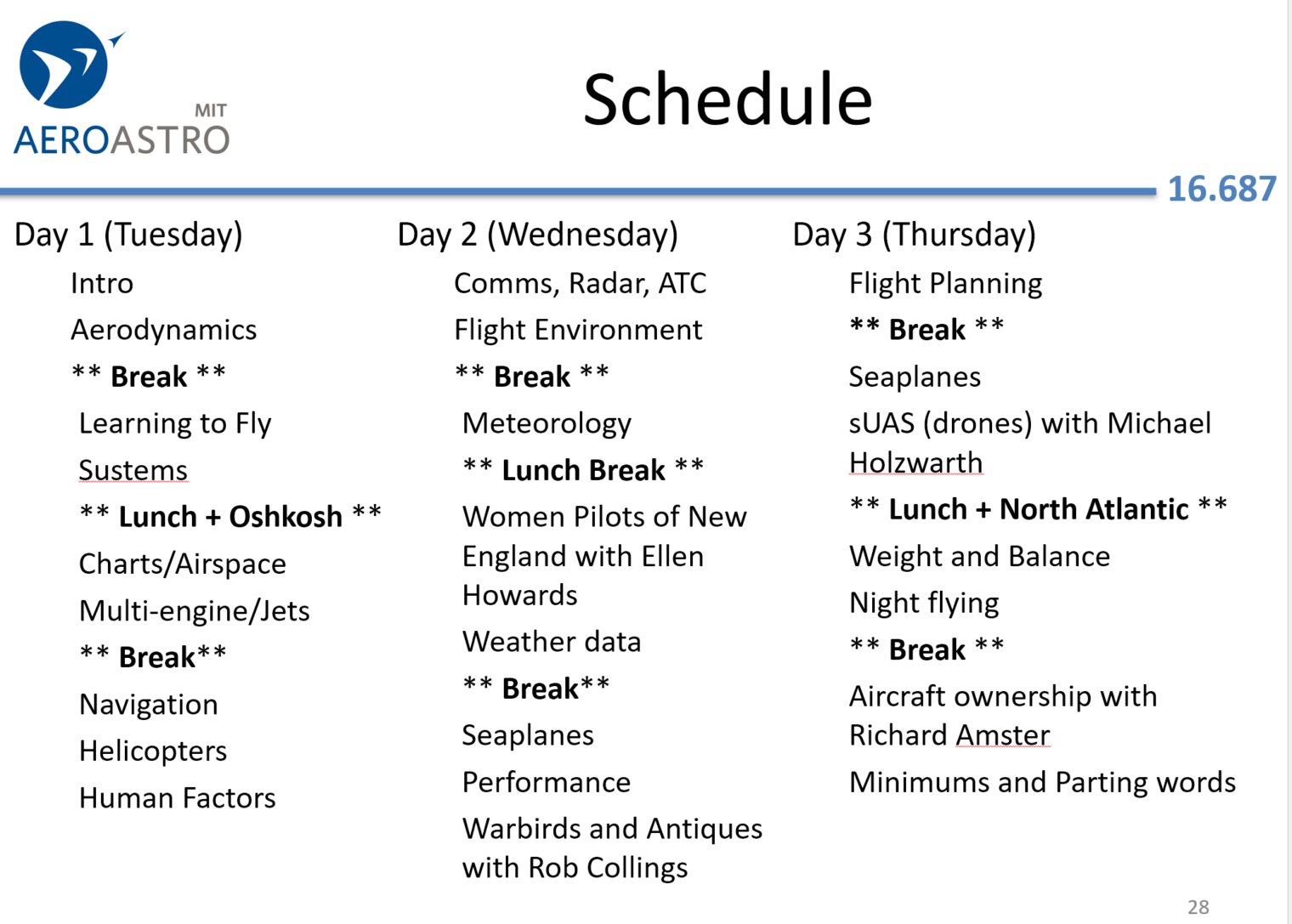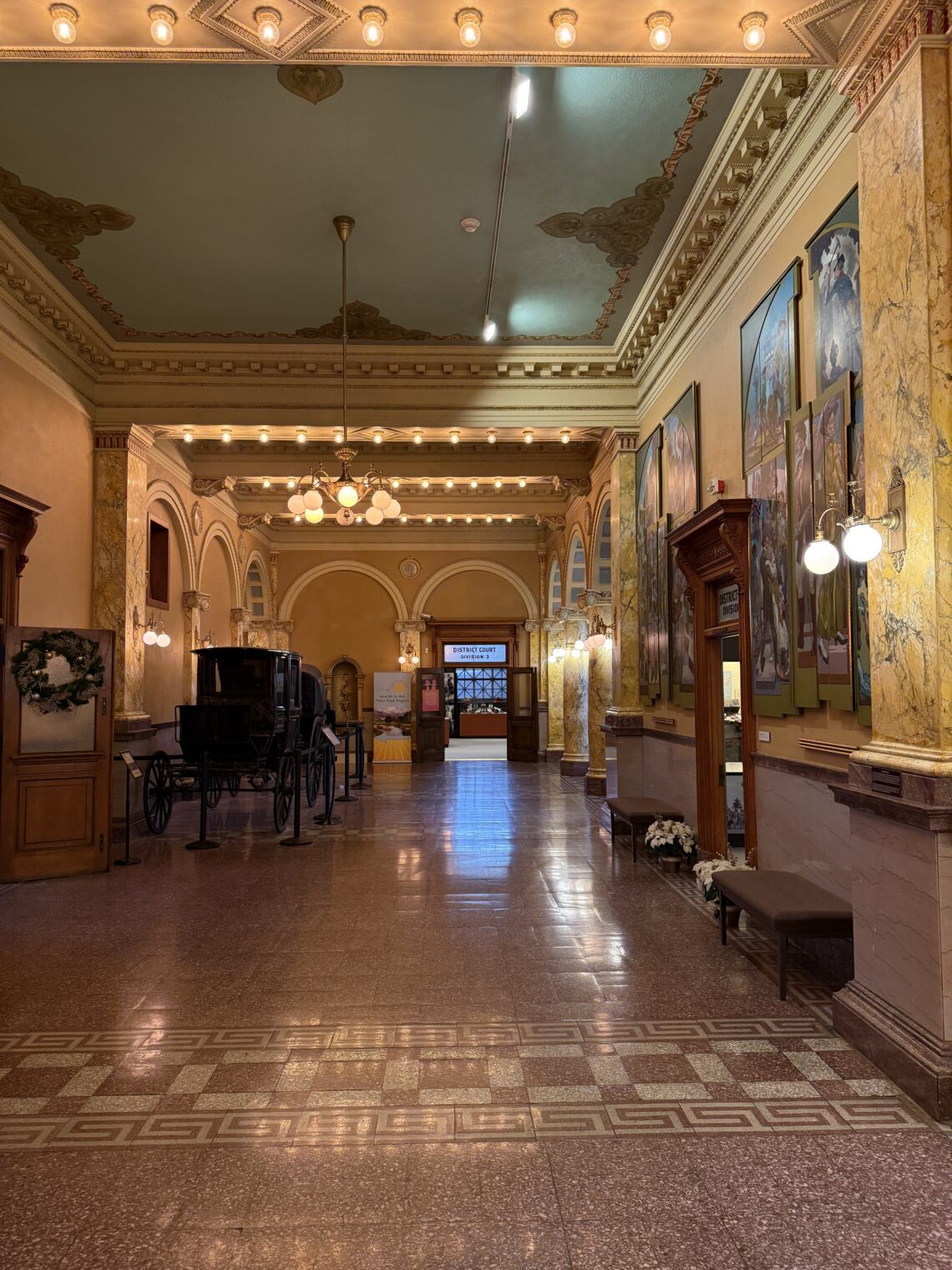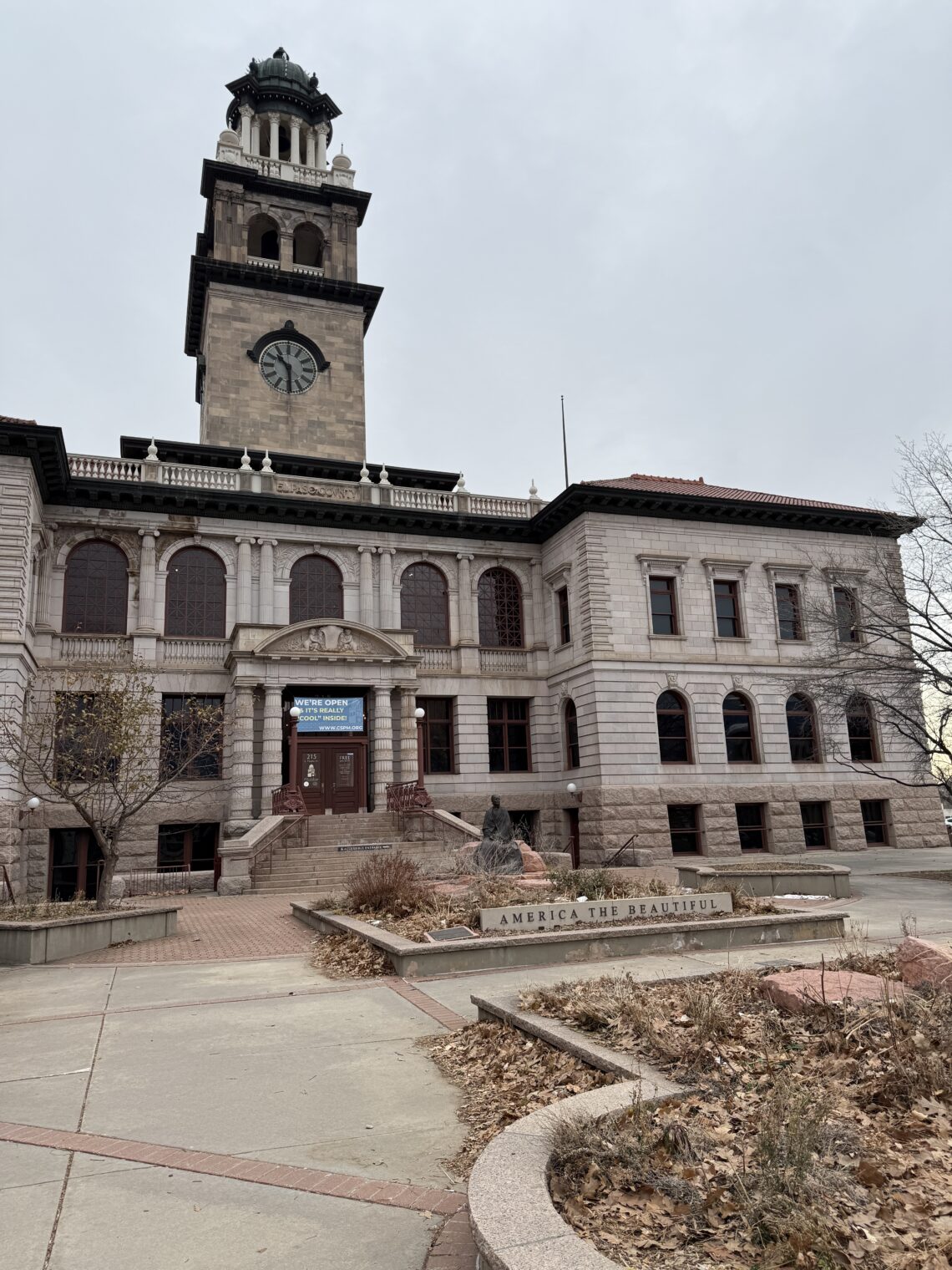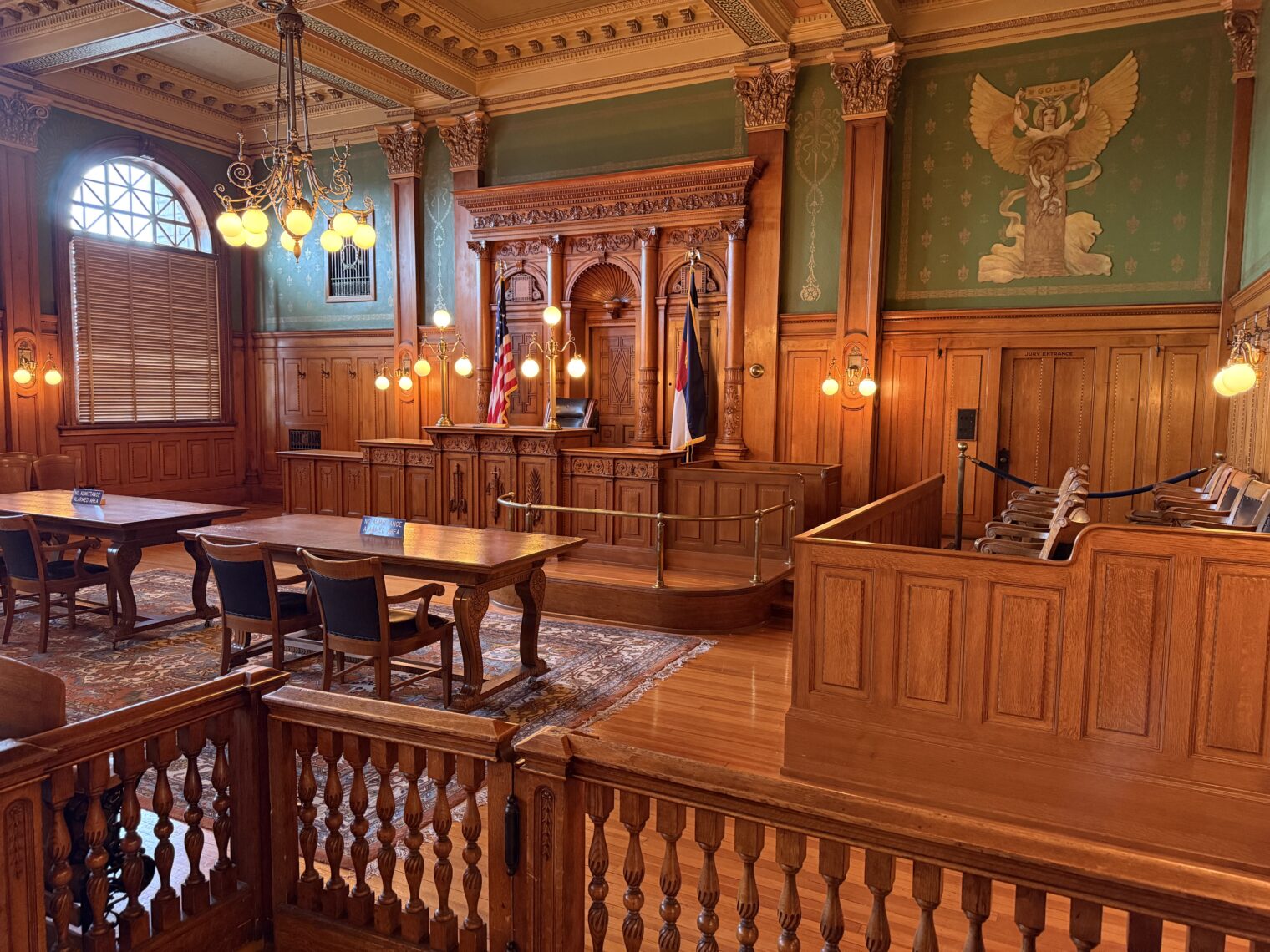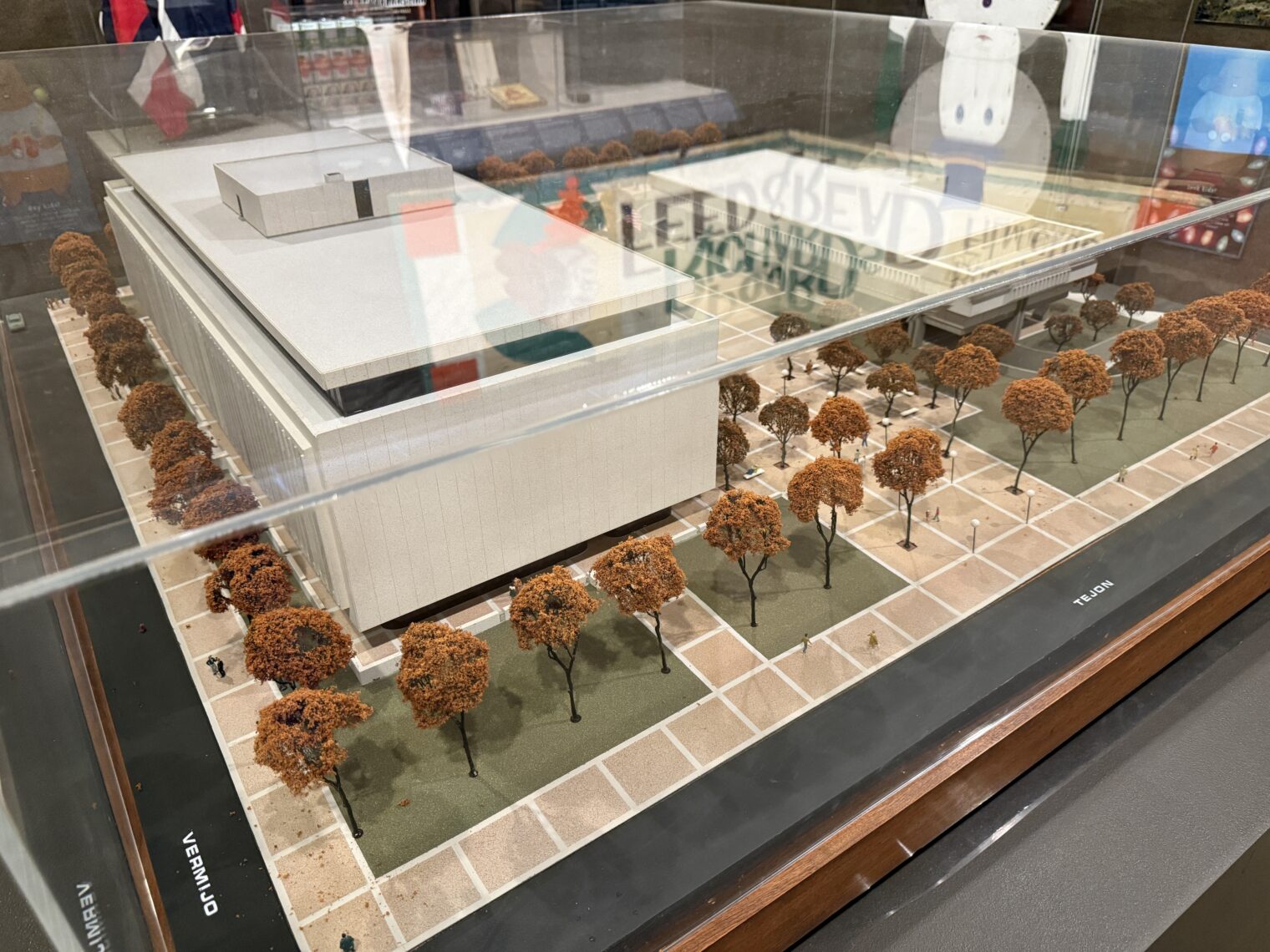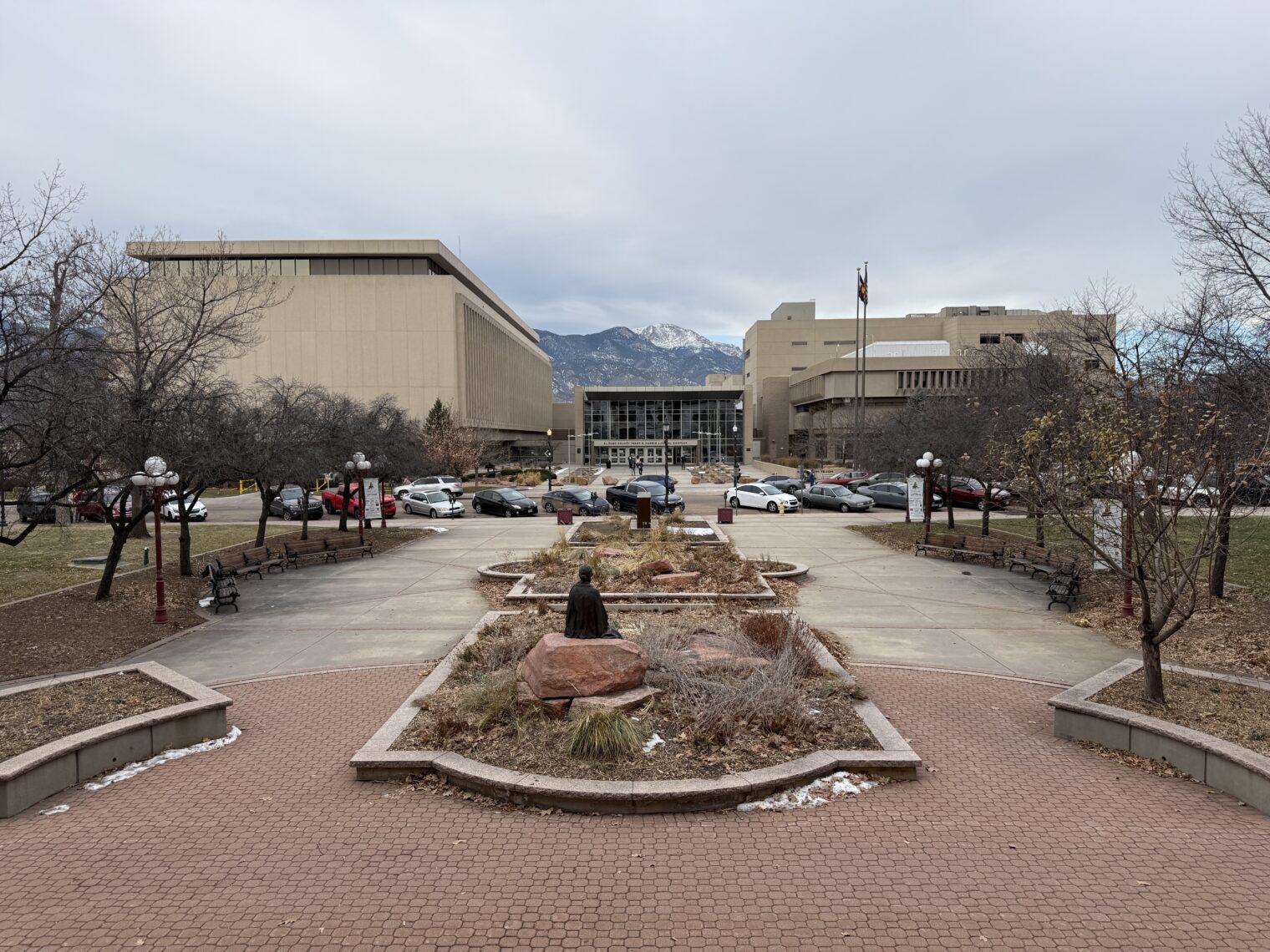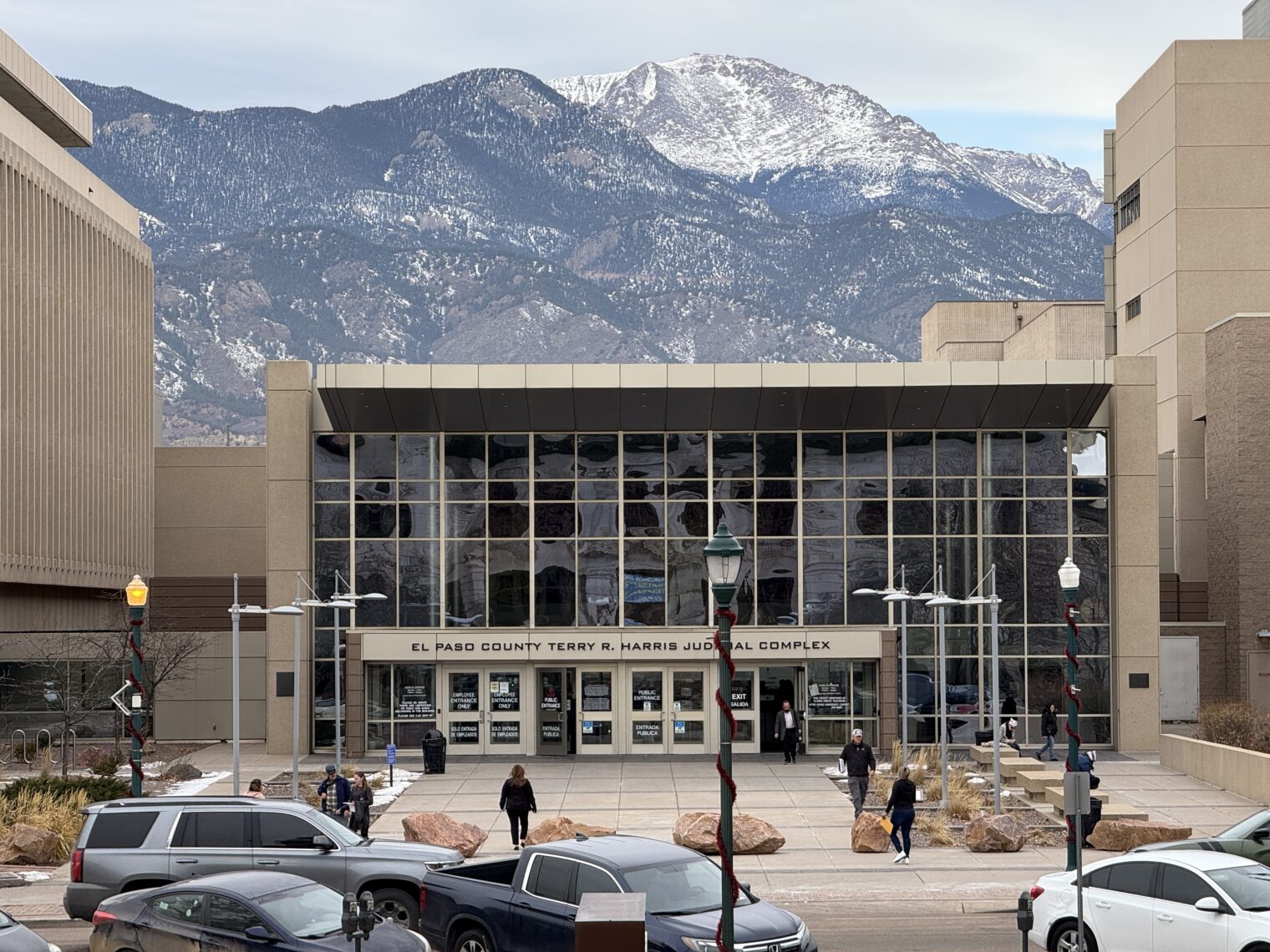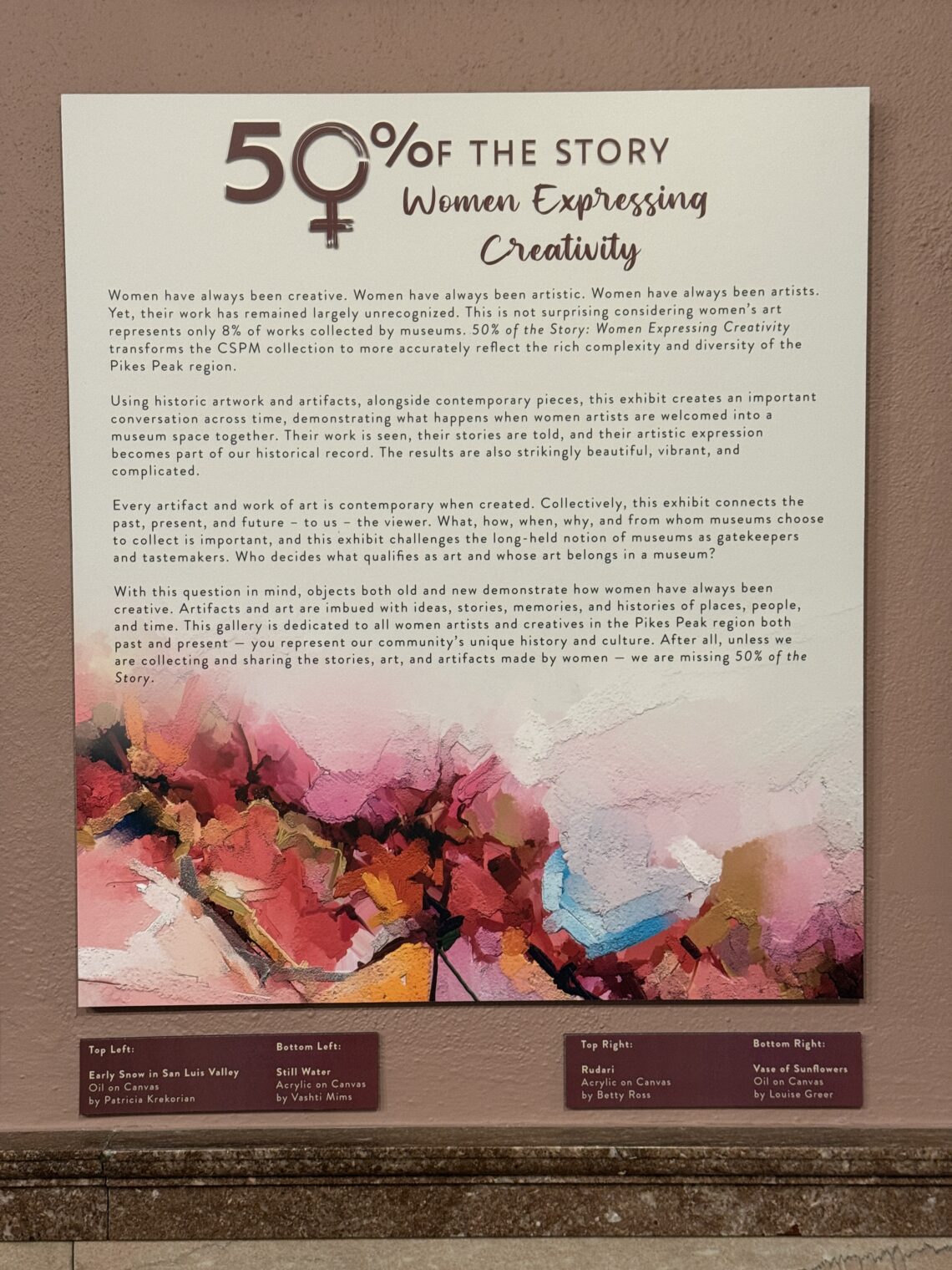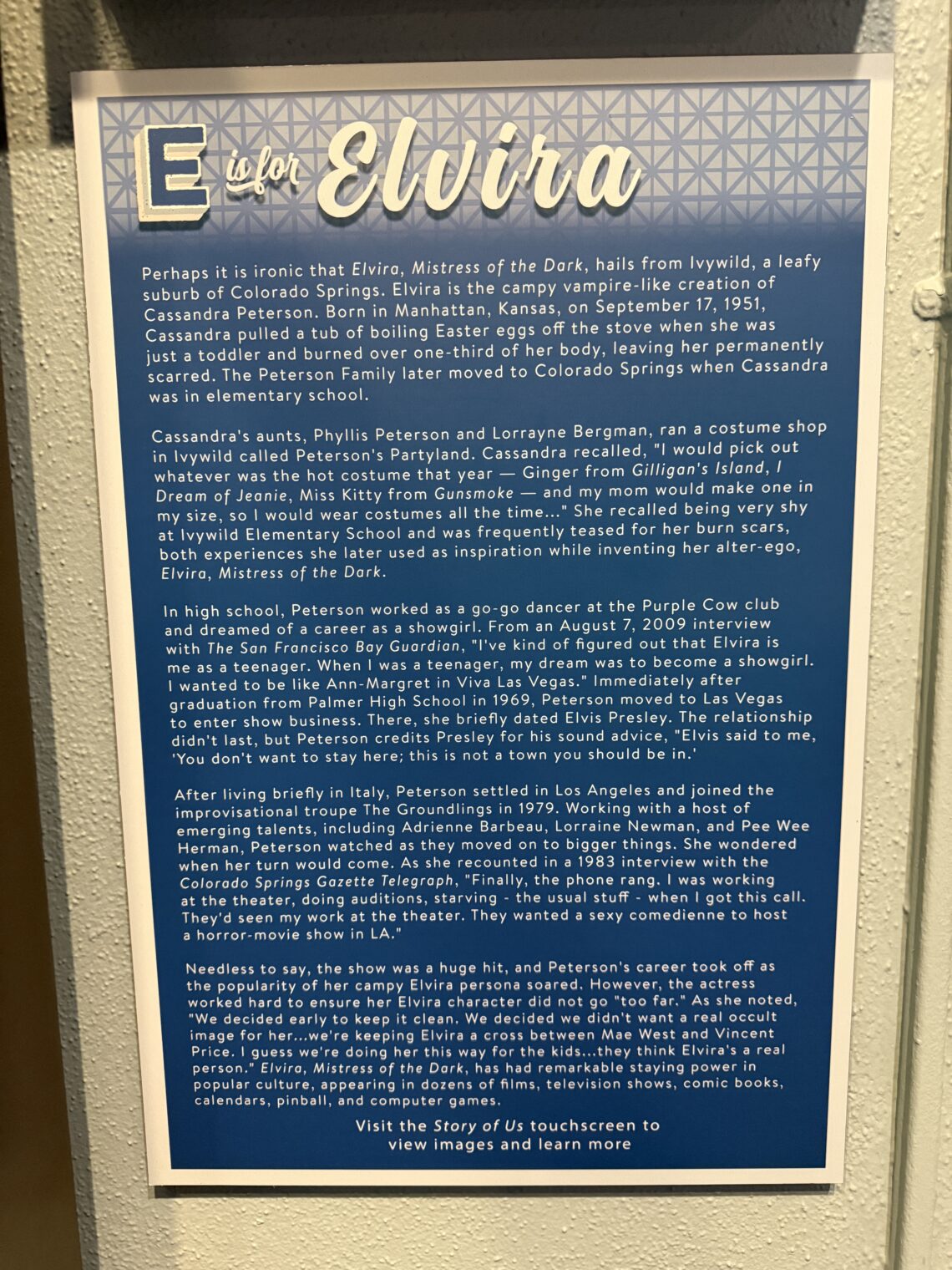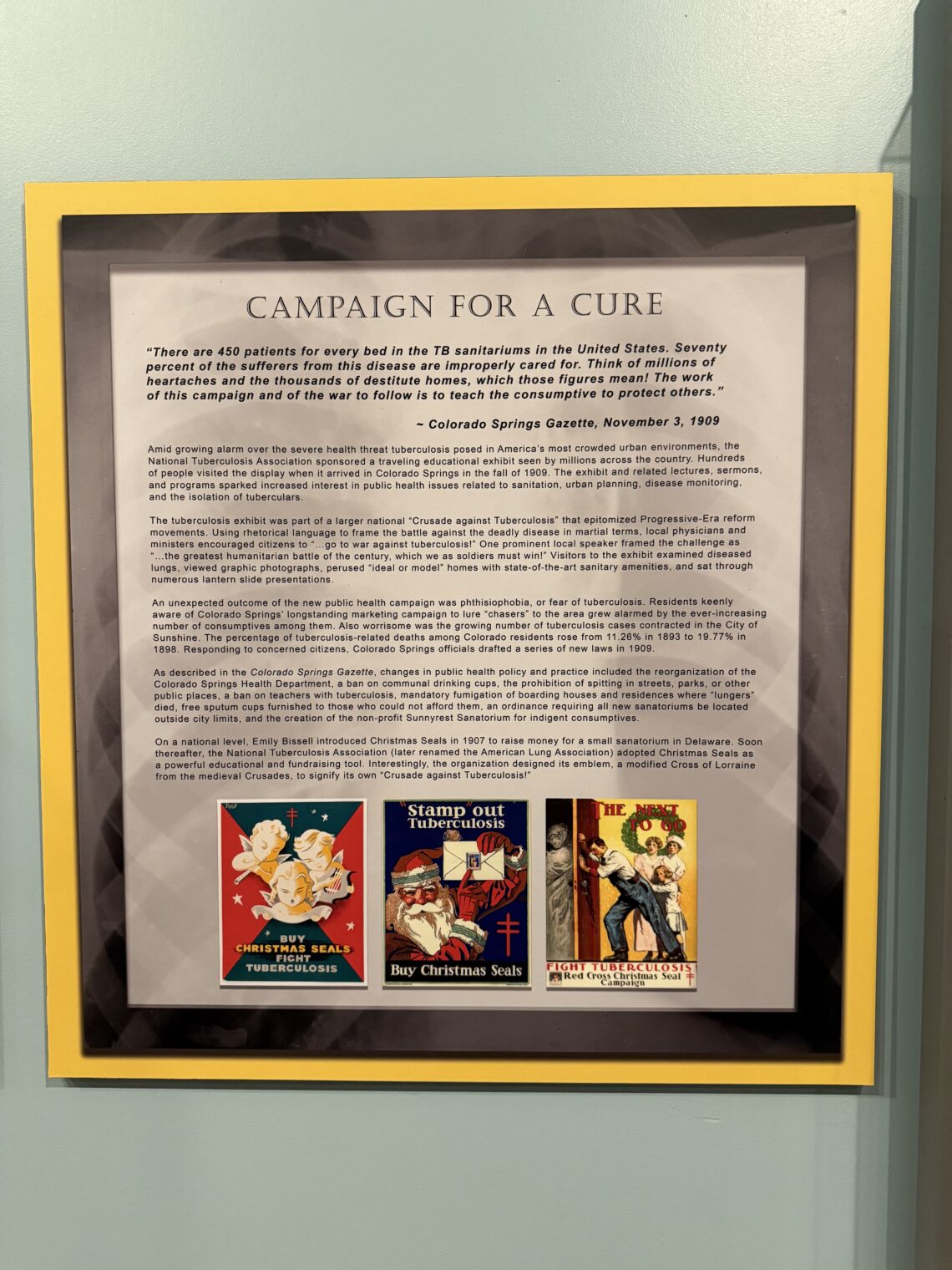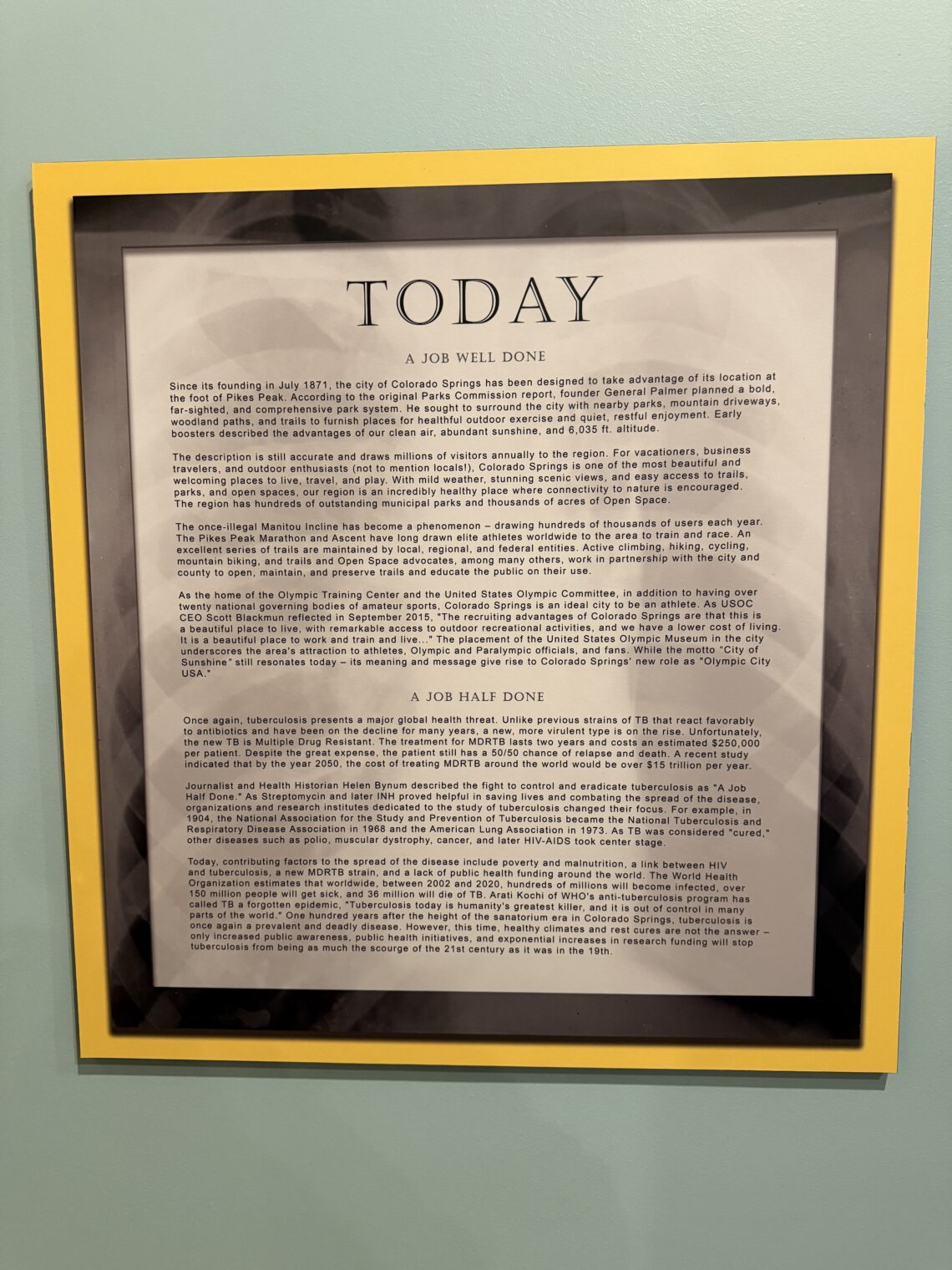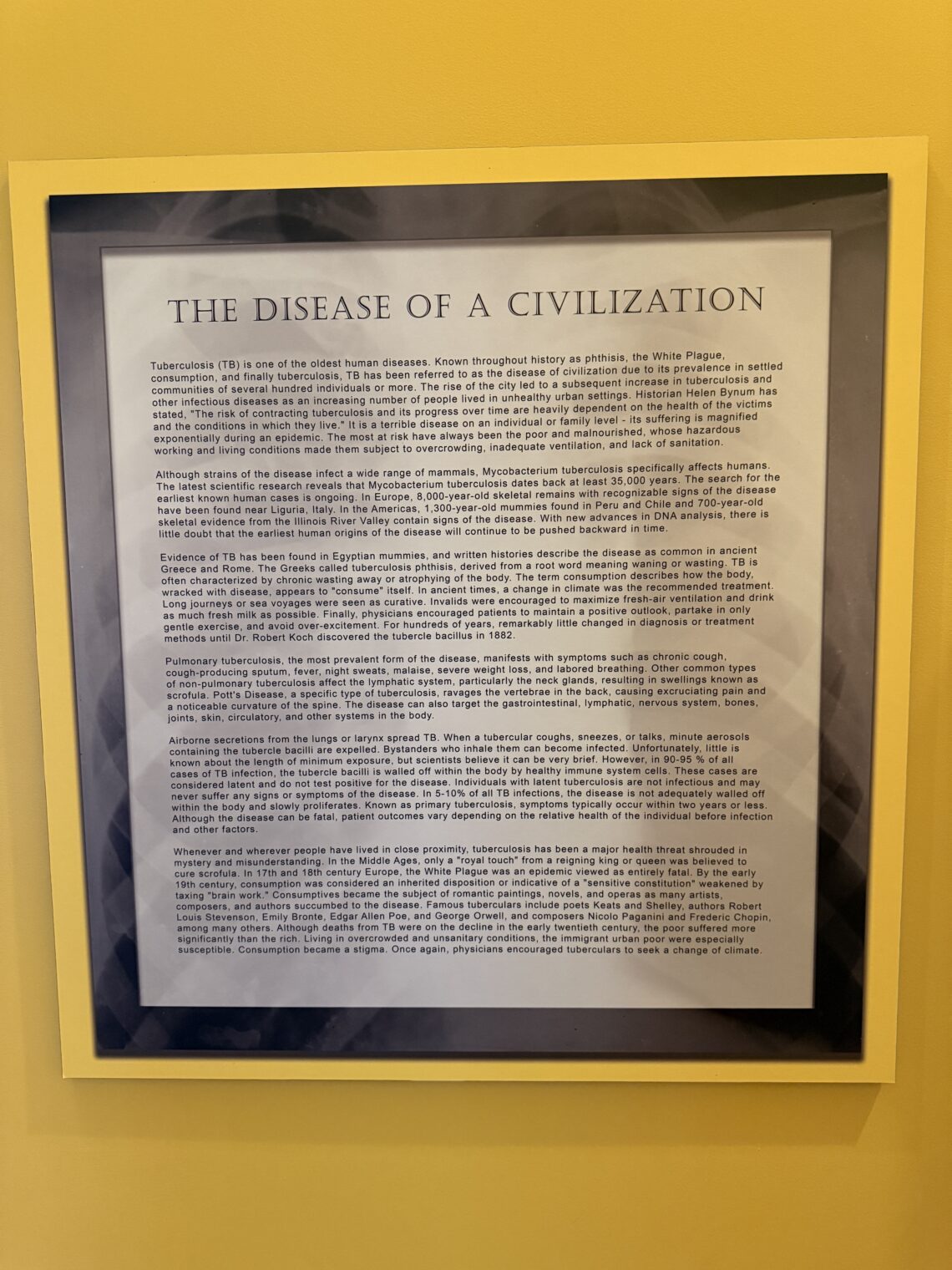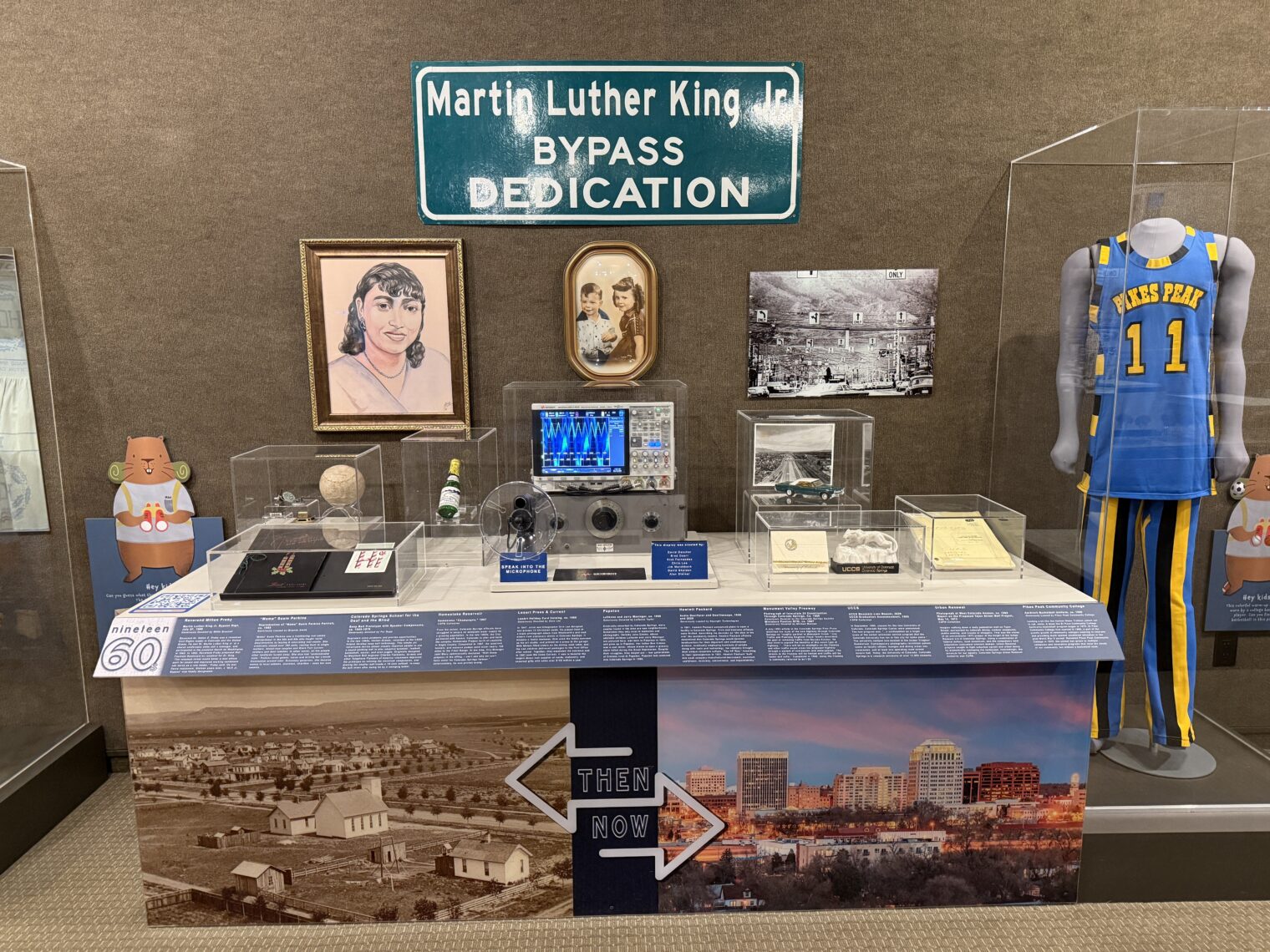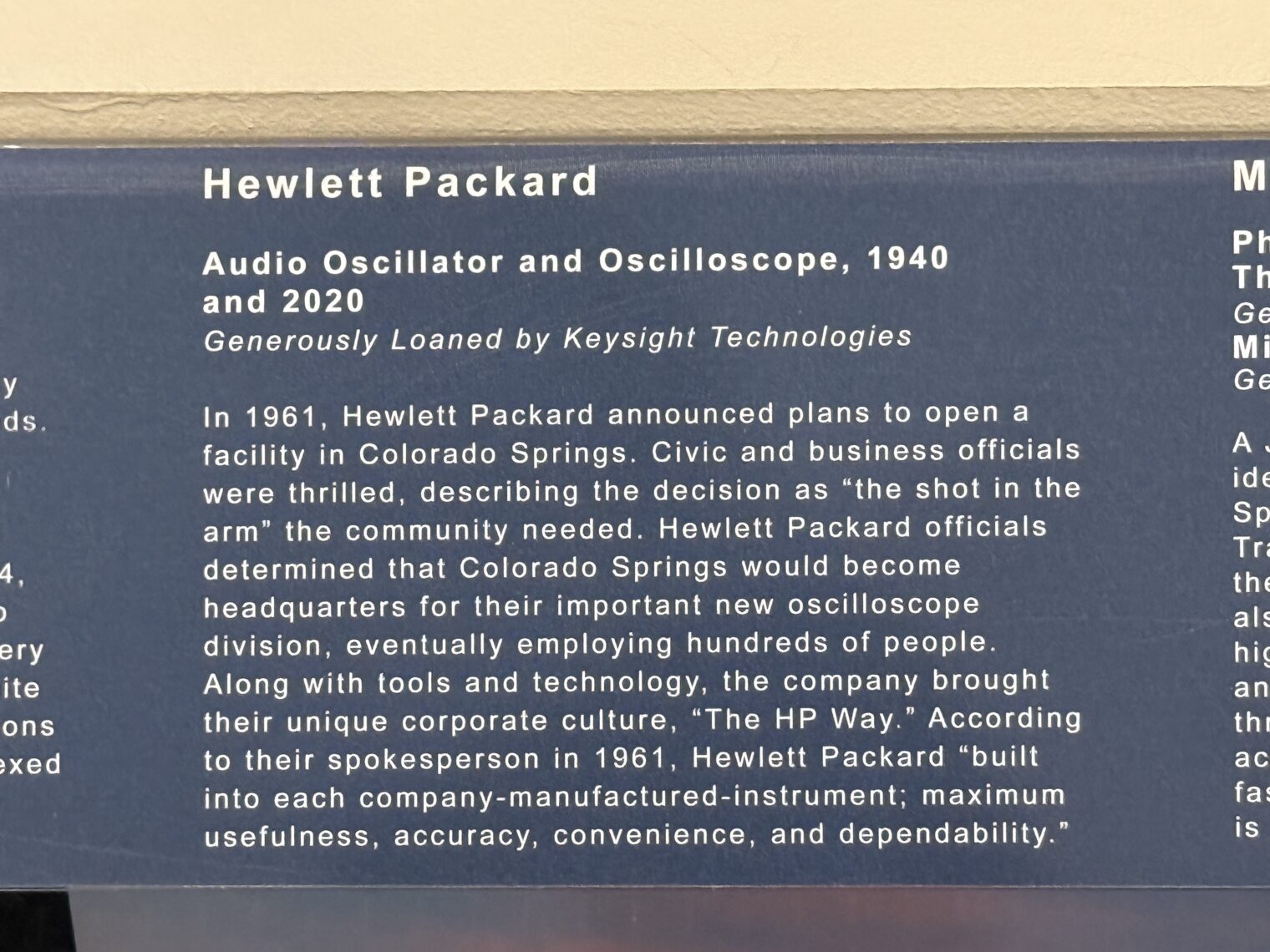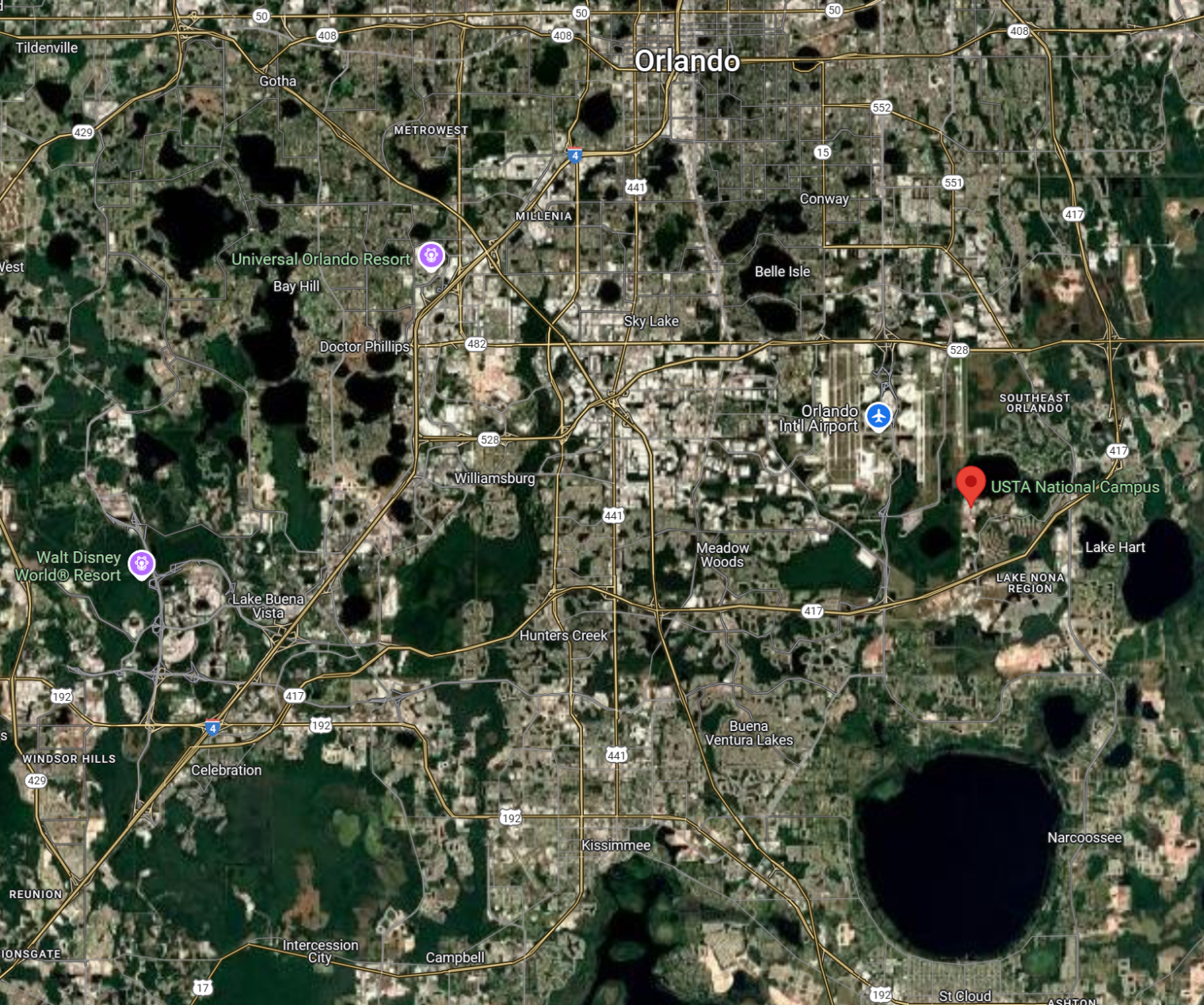Ron DeSantis has set up all of the core functions of government so well here in Florida that it is unclear what he would need to do for the next two years (the hated Yale/Harvard graduate will be forced by term limits to leave office in January 2027). Here’s an idea for a Big Project worthy of a politician with Big Skills: develop a new campus for University of Florida that will enable the school to break out of its #30-ish rut among national universities (tied with University of Texas-Austin; #7 among state-run universities).
Why would this make sense? Florida’s population is growing and younger people have been moving into Florida, partially due to the state’s #1 ranking for education in U.S. News but mostly due to the efforts of lockdown governors in the Northeast, Illinois, and California. Florida has about half as many children as California, but only two world-class universities. The first is University of Florida in Gainesville. The second is Florida State University in Tallahassee (FSU is ranked #54 among national universities by U.S. News). California, on the other hand, has Stanford, CalTech, UC-Berkeley, UC-LA, UC-San Diego, UC-Davis, UC-Irvine, and UC-Santa Barbara (8 total ranked #54 and above). There would definitely be demand for another excellent school and Florida has the tax base to make it happen.
Why not expand and improve the schools in Gainesville and Tallahassee? They’re already huge, for one thing (60,000 and 45,000 students). More importantly, if the goal is to build a university that can rank within the top 10, they’re not in the right places. The typical elite academic doesn’t want to live in a small Southern city. Gainesville is unsuccessful at getting UF graduates to stick around and start companies (see Relocation to Florida for a family with school-age children); how is Gainesville going to woo a top researcher away from a school in New York City, Boston, or Chicago?
What are some criteria for where to locate a new university?
- Politics. Academics can’t tolerate anyone questioning their beliefs, so they need to live in a city that is dominated by Democrats and where they’re unlikely to ever have a conversation with a Republican. This rules out Miami now that the Latinx have defected to Trump.
- Hurricane Risk. Being an elite academic goes hand-in-hand with being a Climate Doomer. This rules out Tampa, whose luck eventually must run out (the city hasn’t been hit by a hurricane since 1926)
- Airline Connections. Although elite academics are Climate Doomers, each one has the carbon footprint of a 4 million ton/year cement plant. They need to be able to jump on a flight every few weeks to a conference on the other side of the country or the ocean. You might think that this would bring Miami back into the ring, but nonstops from MIA mostly go to Latin America. Following the lead of Barbra Streisand, the escape route for an American who claims to love Brown people is always to Canada and never Mexico or, God forbid, farther south. Orlando, on the other hand, enjoys nonstop connections to cities around North America and Europe. Everyone eventually needs to come to Walt Disney World and Universal.
- High-speed Rail. Intercity rail is catnip for elite progressives. This favors cities spread out along Brightline, which means Orlando, West Palm Beach, Fort Lauderdale, and Miami.
Reviewing the above criteria, Orlando is the obvious choice. It’s one of the few parts of Florida that voted correctly during the Election Nakba of 2024. It’s far enough inland that hurricanes generally lose their strength by the time they arrive over Space Mountain. Orlando is 100′ above sea level, which will reassure even the most ardent Climate Doomer that a vengeful Mother Earth won’t soon reclaim the city as part of the ocean floor. Orlando has great airline connections that will only get better as the theme parks expand. Orlando is going to be ever more connected via high-speed rail as Brightline expands (Tampa is the next big goal).
For recruiting faculty, the state could do a bulk purchase of annual passes (weekday only should be fine since academics don’t need to work M-F 9-5) to Disney, Universal, and Sea World. Everyone who works at UF-Orlando gets passes to all three major parks.
Is this doable? In 2016, the USTA announced the near-completion of a campus with 100 tennis courts on 63 acres next to the big Orlando airport (the plan was conceived in 2014). Celebration, built in the 1990s, is about 5,000 acres and cost about $2.5 billion in pre-Biden dollars to create (home to about 11,000 people, which means enough square footage for a sizable university). The Harvard main campus, which includes a lot of athletic fields, is only about 200 acres. Current Florida state budget surpluses are about $2 billion/year (Ron DeSantis has been using these to pay off debt, but nobody remembers a politician for fiscal prudence; it is acts of fiscal extravagance for which politicians are remembered and celebrated).
One knock against Orlando is that the summer weather is pretty miserable, with an average high of 91-92 in June, July, and August (not hot enough to keep the crowds away from the theme parks!). But that’s actually cooler than Tallahassee and no different than Gainesville and, of course, the academic elite doesn’t have to be on campus during the summer.
Here’s a map showing the new USTA campus in relation to MCO, Walt Disney World (lower left), and Celebration (lower left):
(It looks like there is a lot of undeveloped land, but most is probably swamp that the Federales will no longer allow to be drained; see More about The Swamp (book) and Florida: Hydrology is Destiny (book review))
Related:
- “Palm Beach unanimously approves land deal for Vanderbilt’s new business and tech campus” (vanderbilt.edu, October 28, 2024): In a unanimous vote on Oct. 22, the Palm Beach County Commission approved a deal to provide five acres of county-owned land to Vanderbilt for the development of a new campus in West Palm Beach. For several months, Vanderbilt has been in discussions with city and county officials and community and business leaders about establishing a presence in West Palm Beach to complement the region’s booming financial and tech sectors. The affirmative vote by the county, along with two acres already pledged by the City of West Palm Beach, paves the way for the university to establish a new campus in South Florida focused on graduate programs in business, computing and engineering, bringing high-impact graduate education to what has become known as “Wall Street South.” … Once operational, the West Palm Beach campus will welcome nearly 1,000 students in various business programs … Since 2020, more than $1 trillion in assets under management has relocated to Florida
- University of Central Florida, a stepsister to FSU, has 70,000 students in and around Orlando and a dismal #121 ranking from U.S. News
Full post, including comments

